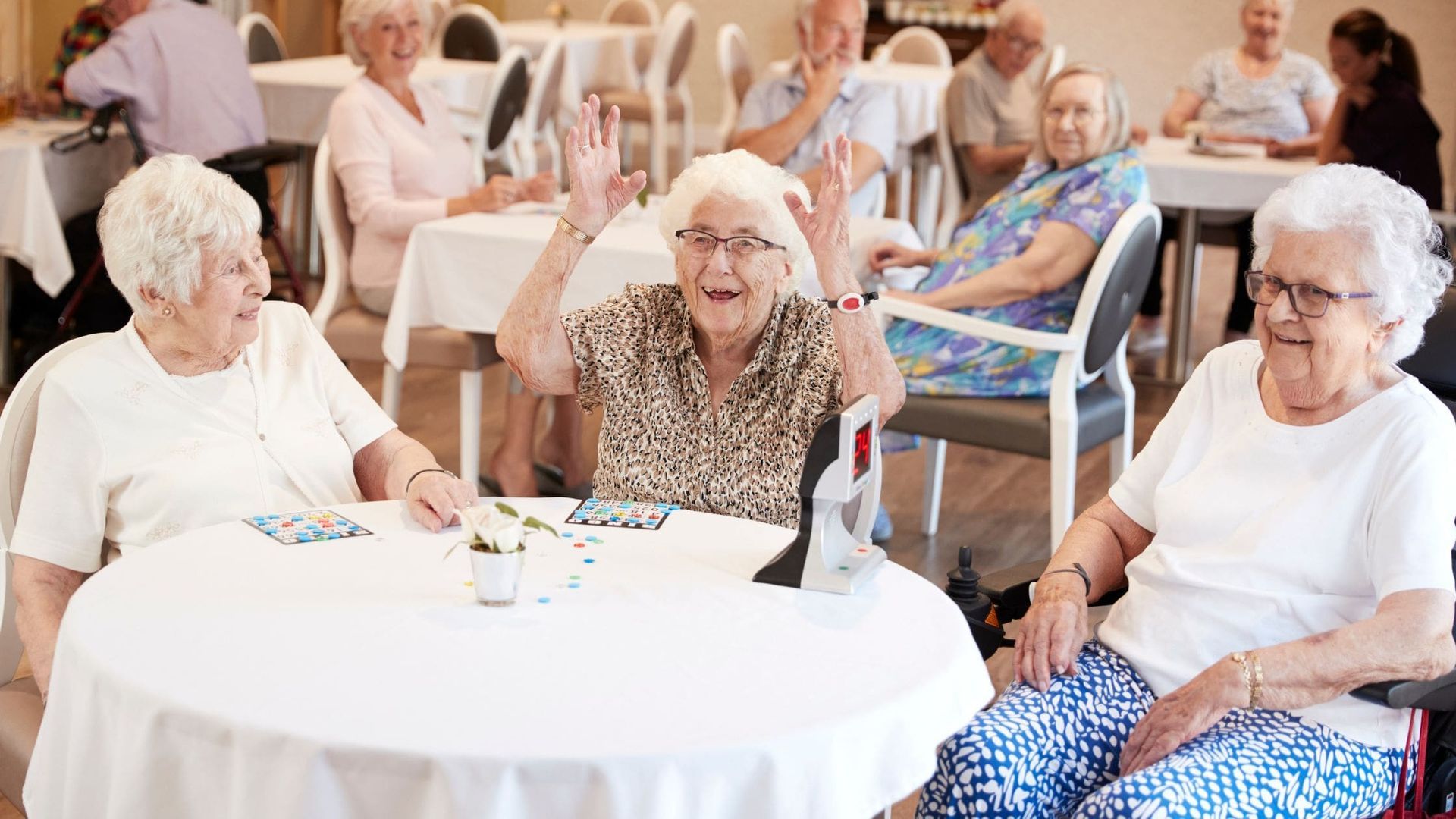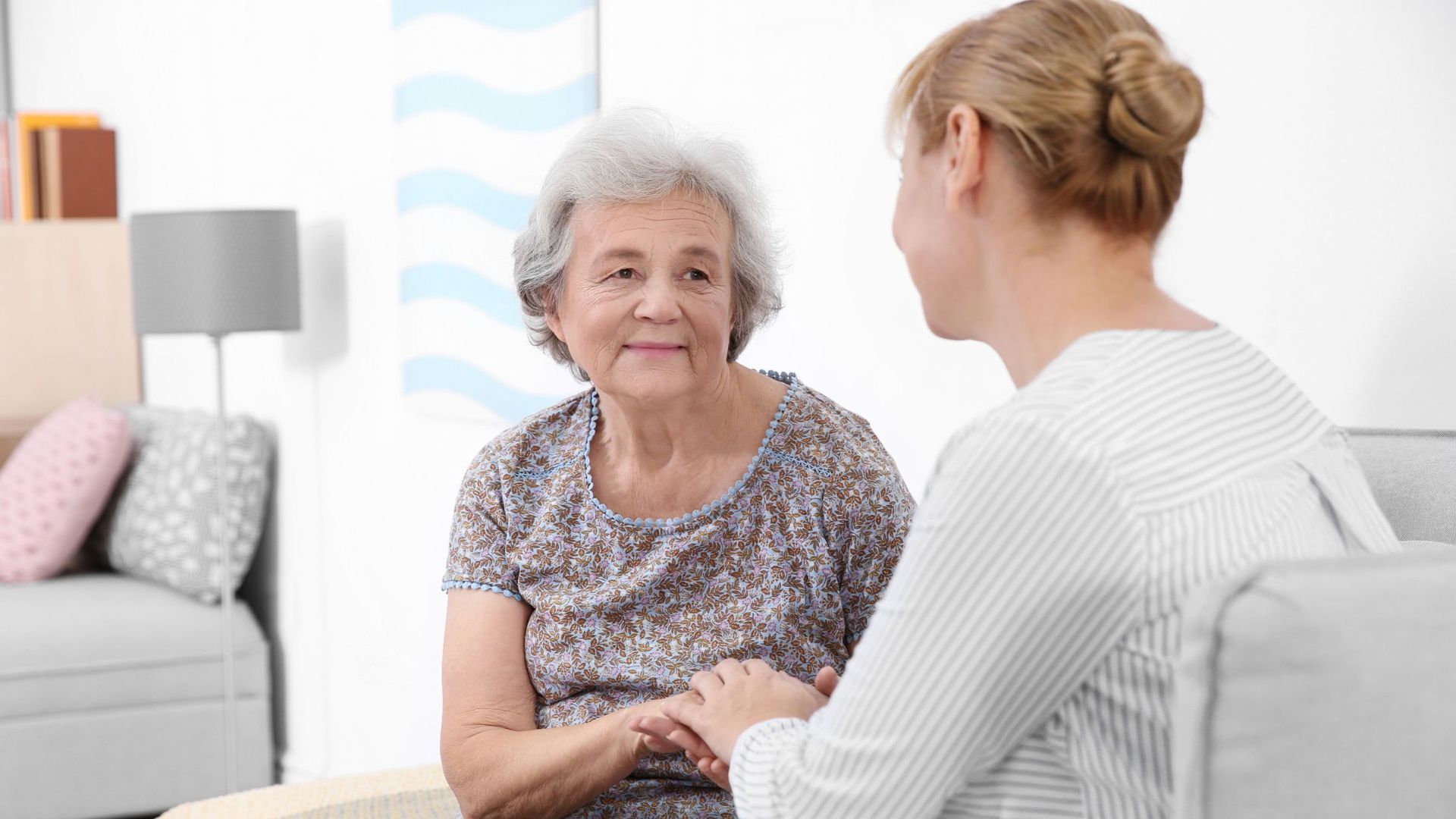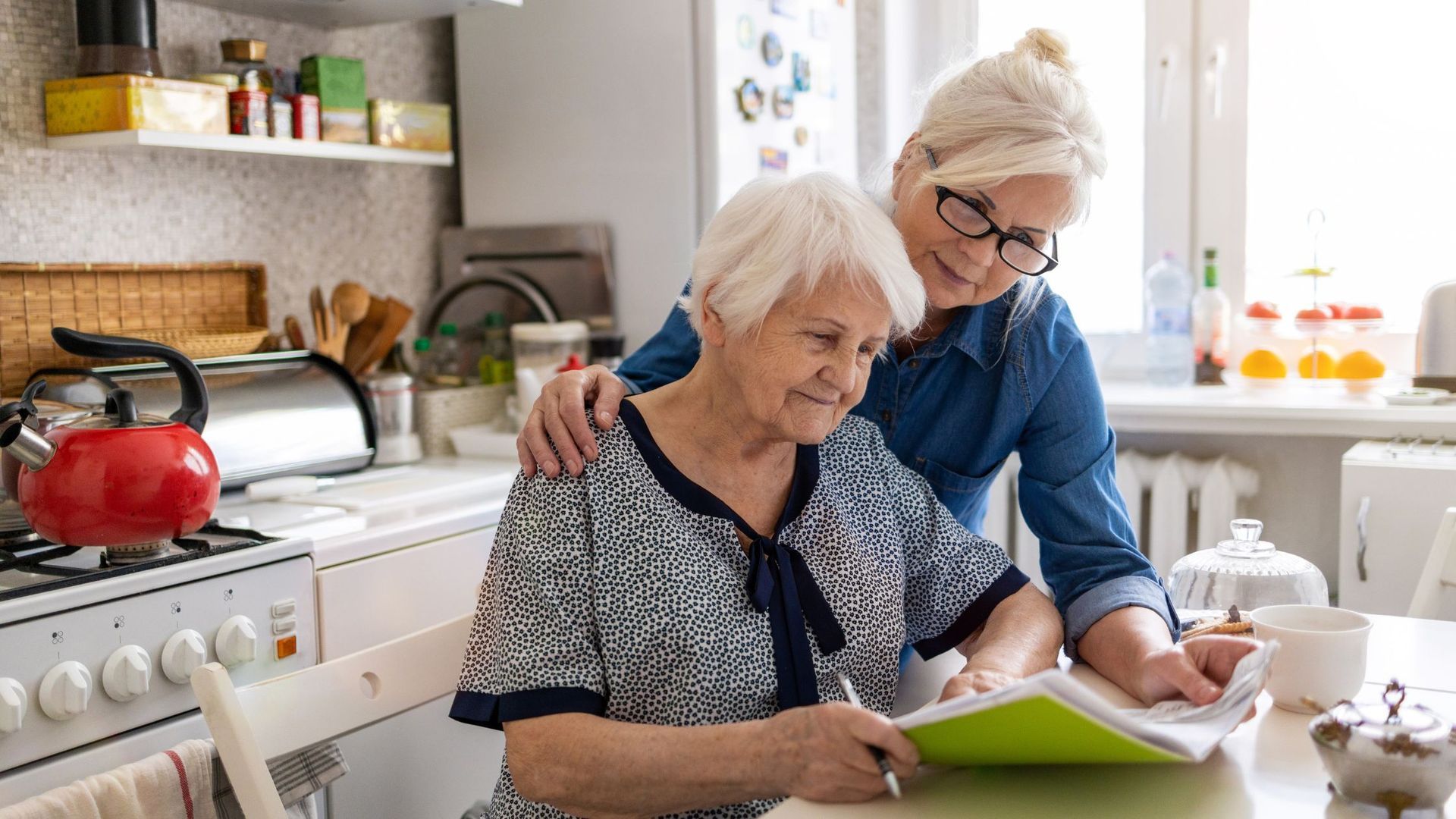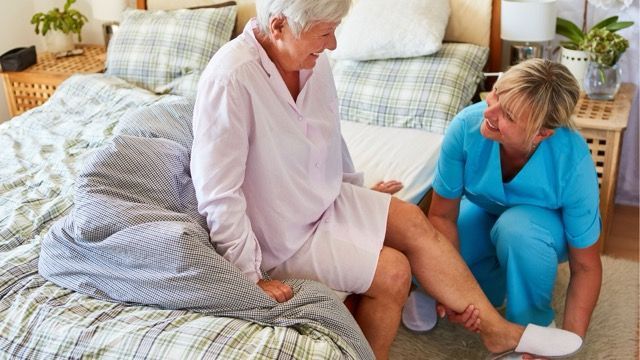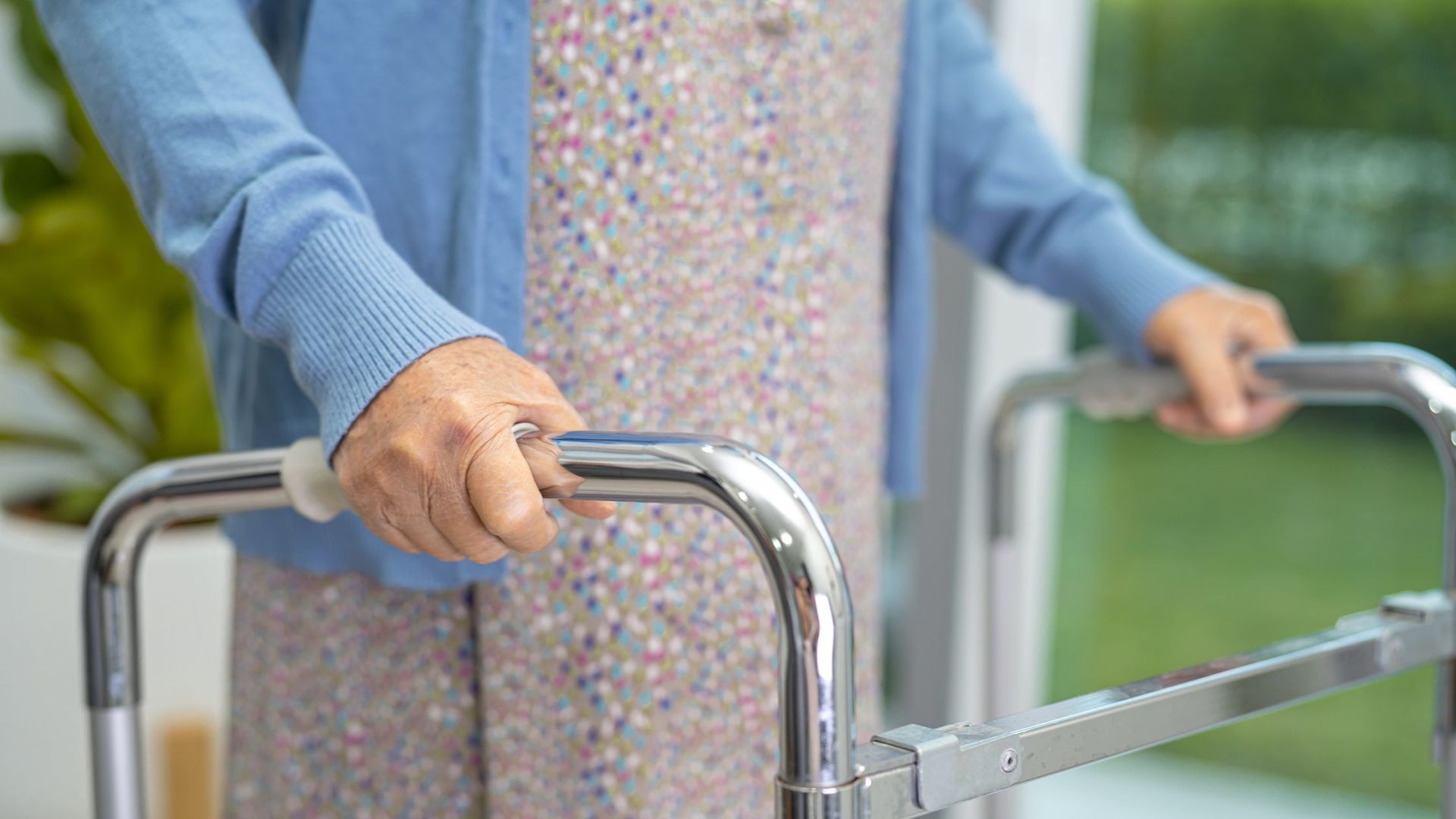How In-Home Care can Prevent Rehospitalization
When you or a loved one heads home from a hospital stay of a few days or longer, you may be surprised by how different things feel in terms of physical strength and ability to function like before. In-home care can prevent rehospitalization -- this article explains how and why.
A top concern for patients that have recently experienced a hospitalization is the risk of readmittance for the same or a related condition within 30-90 days. Rehospitalization takes an immense toll on patients and their families – emotionally, mentally and financially.
Many patients don’t realize that the odds of this type of rebound are often reduced when a patient gets trained caregiver support in the weeks following their hospital stay.
As the focus on value-based care intensifies, in-home care is emerging as a vital service to help prevent unnecessary readmissions – improving patient outcomes and reducing costs. We’ll look at reasons why rehospitalization happens and how you can prevent it with quality in-home care.
What Are the Leading Causes of Rehospitalization?
There are many factors that come into play once a family member is sent home from the hospital, but two of the top obstacles to successful recovery are:
- Difficulty following discharge instructions. Patients, particularly older adults, may find it challenging to follow medication regimens, rehabilitation protocols, and lifestyle changes prescribed upon discharge. A detailed care plan can help with compliance, but without adequate support, many patients are at risk of complications that can lead to readmission.
- Physical decline during hospital stays happens FAST. The rule of thumb for a hospital stay is that it will take a patient an average of one week to recover to pre-hospital condition for each day they spend in the hospital. That means a 3-day stay could take 3 weeks to fully recover from! Muscle strength, mobility, and independence all fade quickly, leaving patients and their families surprised and unprepared for the demands of daily life once they return home. This sudden decline can result in falls, medication mismanagement, and other issues that increase the likelihood of rehospitalization.
How Can In-Home Care Help?
In-home care plays a pivotal role in reducing the risks associated with rehospitalization in a number of important ways:
- Personalized support that addresses the unique needs of each patient, ensuring adherence to discharge instructions and promoting a safe and supportive recovery environment.
- Trained support, along with assistance with medication management, daily living activities, and rehabilitation exercises, all help patients regain strength and independence more quickly.
- Expertise in managing the physical and emotional challenges that follow a hospital discharge help to significantly reduce the risk of complications that might otherwise lead to readmission.
- Overall, in-home care provides a level of consistency and oversight that is often missing when a loved one returns home.
Plus, having professional care from outside the family means that family members don’t have to be the “bad guy” when it comes to resistance in following the care plan’s instructions! Instead, they can focus their full attention on other equally important forms of love and support.
What About Cost?
One of the primary concerns about in-home care is whether it's affordable. In many cases, in-home care is more affordable than patients and their families realize. Plus, numerous programs are available to assist families in covering the costs of in-home care, making it a viable option for a broad range of patients.
And of course, most importantly, a bridge period of professional in-home care is almost always going to be more affordable than repeated readmission and/or long hospital stays.
No Place Like Home is Here to Help!
In-home care is an essential component of a comprehensive strategy to reduce rehospitalization rates. By providing tailored support that addresses the specific needs of patients after a hospital stay, in-home care not only helps patients recover faster but eases the emotional and financial impact to their family.
Irene Brooks and the rapidly growing team at No Place Like Home NC provides the highest quality of in-home care in the Triangle North Carolina area. We are always happy to speak to patients and their families about in-home care options, and how services can reduce rehospitalization and improve patient outcomes.
Contact Irene at 919-762-0035.

